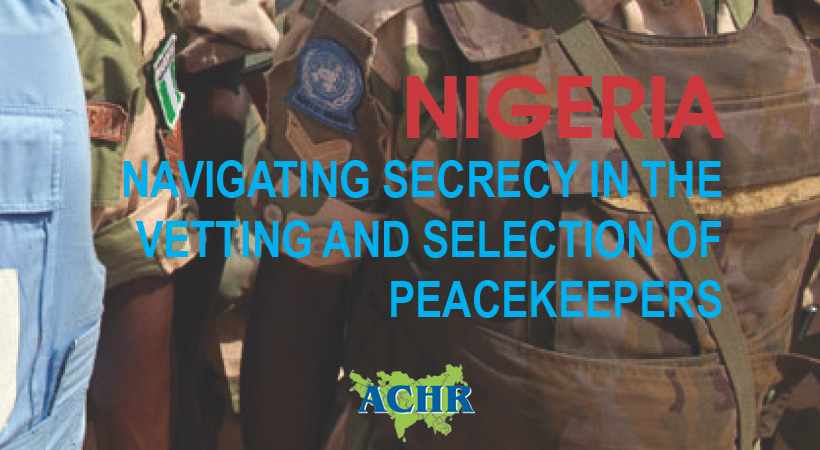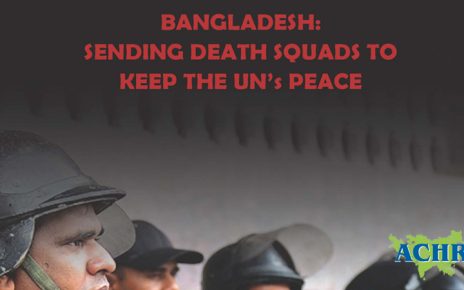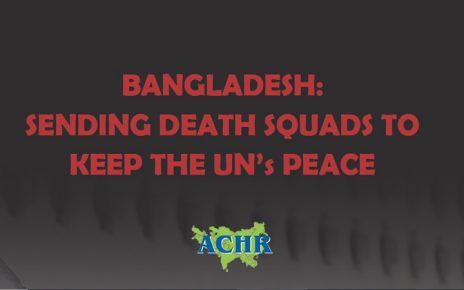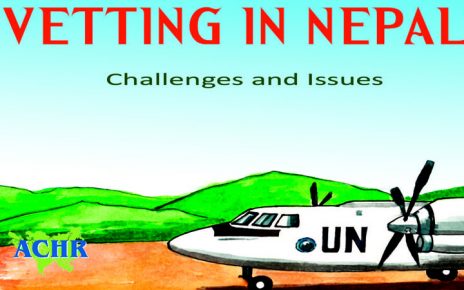Since 1960, Nigeria has been one of the United Nations’ (UN) largest troop contributing countries. Throughout these years, Nigerian forces have been regularly accused of corruption and human rights abuses. For example in 2005, 11 Nigerian policemen serving on a UN peacekeeping mission in the Democratic Republic of Congo (DRC) were withdrawn over sexual harassment allegations. They were suspended from duty after a special investigation panel found corroborating evidence, including against the commander.
Due to issues and misconduct by Nigerian and other forces during peacekeeping missions, the UN developed uniform standards of conduct for all personnel. However, the implementation and enforcement of these standards lies with each troop and police contributing country. As a result in Nigeria, reform at the national level is necessary to truly effect change.
Nigeria must adhere to an open and transparent vetting system that is applicable to all members of the Army and Nigeria Police Force. Additionally the corruption and patronage system that plays a part in every level of the Army and Police must be addressed and punished. To accomplish a comprehensive overhaul of the vetting system in Nigeria, detailed understanding of the existing vetting mechanisms is required.
This report provides an initial assessment of the selection processes and vetting systems for Nigerian army and police as part of an effort to encourage such a transparent vetting system. The paper sets out the current recruitment and selection system, identifies gaps and proposes possible solutions that would bridge these gaps between what exist and what ought be to ensure the UN guidelines for vetting and selection of peacekeepers are upheld.




